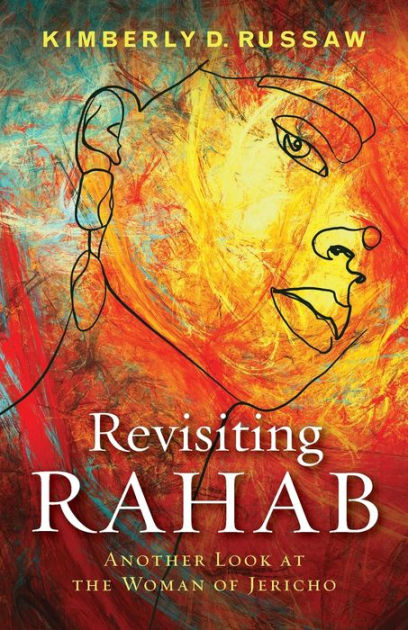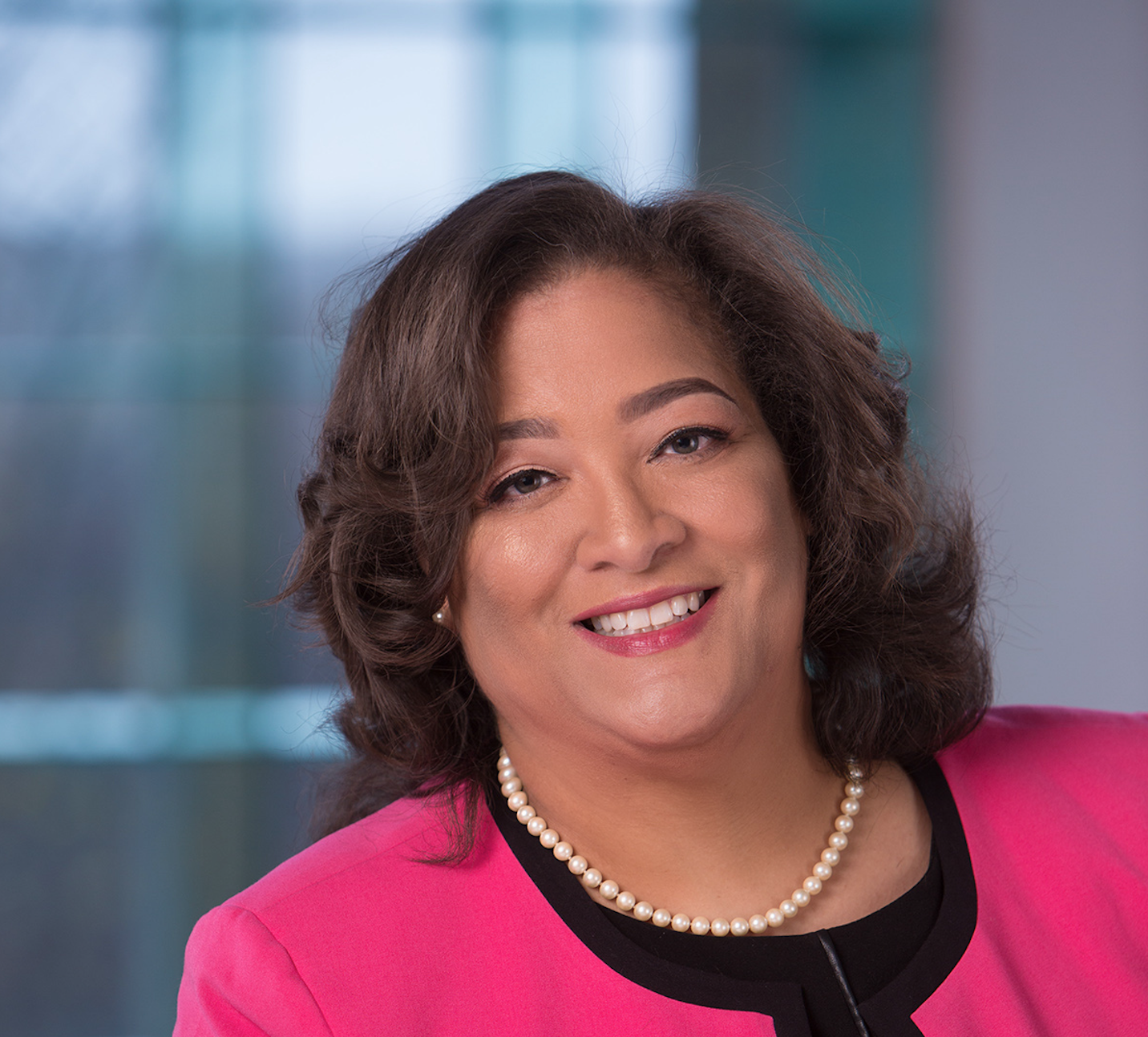Russaw is an associate professor of the Old Testament at the Pittsburgh Theological Seminar and an ordained elder in the African Methodist Episcopal (AME) Church and a member of the Society of Biblical Literature, where she serves as the chair of the African American Biblical Hermeneutics program unit.
The Black Lumen Project at Elon University and the Center for the Study of Religion, Culture and Society, along with numerous other university sponsors, will host Kimberly D. Russaw on Tuesday, March 29 at 6 p.m. in the Numen Lumen Pavilion to give a lecture based on her latest book, “Revisiting Rahab: Another Look at the Woman of Jericho.”
 In “Revisiting Rahab,” Russaw pieces together a narrative that reasonably lies behind the story of Rahab in the book of Joshua. Copies of the book will be available for purchase and signing at the event and is open to the public.
In “Revisiting Rahab,” Russaw pieces together a narrative that reasonably lies behind the story of Rahab in the book of Joshua. Copies of the book will be available for purchase and signing at the event and is open to the public.
Russaw is an associate professor of the Old Testament at the Pittsburgh Theological Seminar and an ordained elder in the African Methodist Episcopal (AME) Church.
She is a member of the Society of Biblical Literature, where she serves as the chair of the African American Biblical Hermeneutics program unit. She is also an editorial board member of the Journal of Biblical Literature.
Her other professional memberships include the American Academy of Religion, the Society for the Study of Black Religion and the National Black MBA Association. Her many publications include “Revisiting Rahab: Another Look at the Woman of Jericho,” “Daughters in the Hebrew Bible” and “Undaunted: Reading Miriam for the Sisters They Tried to Erase” in “Stony the Road We Trod: African American Biblical Interpretation 30th Anniversary Expanded Edition.”
Russaw has lectured or presented at events for PBS, Bible and Religions of the Ancient Near East, the Association of Theological Schools and the Society of Biblical Literature, in addition to events at many universities and seminaries. She received her doctorate in Hebrew Bible and Ancient Israel from Vanderbilt University.



